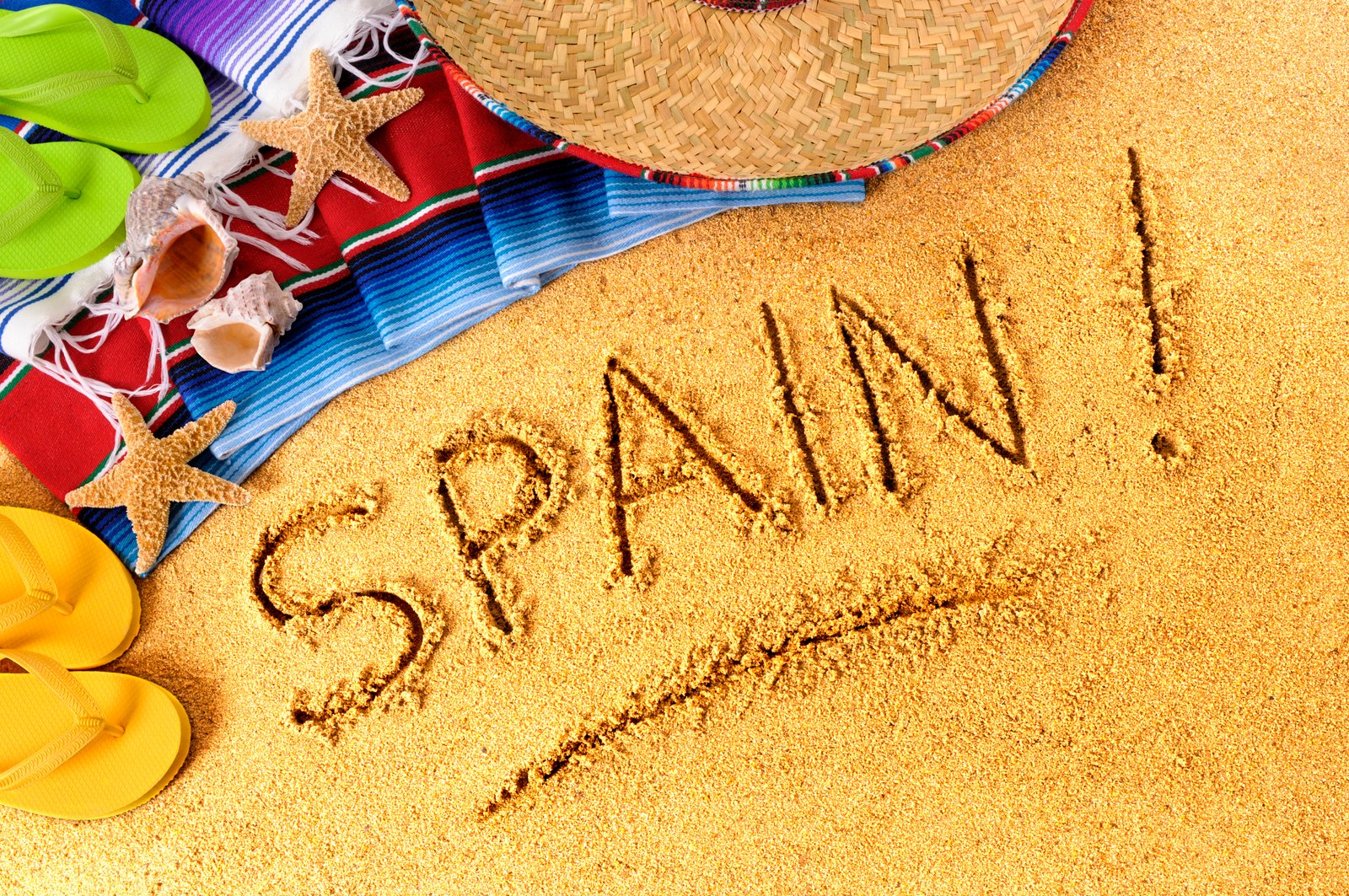- Spain’s year-round sunshine and mild winters
- Affordable cost of living in many regions
- High-quality public and private healthcare
- Excellent transportation and regional cuisine
- Thriving expat communities
- Diverse cultural identities and languages
- Low crime rates and safe neighborhoods
- Improved wellbeing and mental health
- Spanish language and bureaucracy challenges
- Rising housing demand and rental competition
Sunshine All Year Round
Spain’s weather continues to be a major draw. With over 300 sunny days a year in regions like Andalusia, the Costa Blanca, and the Canary Islands, it’s ideal for those craving vitamin D. Winters are mild in most parts of the country, especially in the south, meaning you can enjoy outdoor living nearly all year long—perfect for hikers, beach lovers, and cyclists.
Cost of Living: Still Manageable
While the global rise in inflation hasn’t skipped Spain, the country remains relatively affordable—especially outside major cities. Eating out at local restaurants is still budget-friendly, and groceries, especially fresh produce, are cheaper than in the UK or US. Rents in rural towns and smaller cities are still reasonable, but in places like Madrid, Barcelona, or Málaga, prices are creeping up.
Excellent Healthcare System
Spain offers public healthcare that is well-regarded for its quality and affordability. Once registered, many services are free or low-cost. Private healthcare is also an option and is widely used by expats for faster access. Health insurance plans are affordable compared to other countries, and the medical staff are highly trained. The catch? Expect some paperwork, especially when you’re new.
Culinary Variety & Easy Travel
Each region of Spain has its own food traditions—from seafood-rich Galician cuisine to hearty Castilian stews. The tapas culture allows you to taste multiple dishes in one meal. When it comes to transport, Spain’s train system is fast, clean, and affordable. Cities like Madrid, Valencia, and Barcelona act as travel hubs, making it easy to explore the entire country (and even pop over to France or Portugal).
Expat Communities: Help or Hindrance?
Spain is home to large expat hubs in areas like the Costa del Sol, Alicante, and the Balearic Islands. These communities offer support, familiarity, and English-speaking services. However, staying only within these circles can limit your experience. If you truly want to integrate, learning the language and engaging with locals will help you feel at home and make the most of your move.
Diverse Cultures Across the Country
Spain isn’t just Spanish—it’s Catalan, Basque, Galician, and more. Every region has its own language, traditions, festivals, and even meal times. For example, dinner at 10 pm may shock newcomers. Some areas feel more “European,” while others are steeped in deep-rooted Spanish customs. Embrace the regional quirks—they’re part of the charm.
Safety in Everyday Life
Spain is considered one of the safest countries in Europe. Violent crime is rare, and families often feel secure walking at night. That said, pickpocketing is common in tourist hotspots like Barcelona’s Las Ramblas or Madrid’s metro. Being aware of your surroundings is key, but overall, daily life feels peaceful and secure for most expats.
Mental Health Benefits
The Spanish lifestyle values relaxation, social interaction, and family time. Long lunches, evening strolls, and weekend markets are part of the rhythm of life. Many expats report an improvement in mood and reduced anxiety after settling in. The slower pace may take some getting used to, but it can be a game-changer for mental health and overall happiness.
Language Barriers
Outside of the main tourist zones, you’ll need at least basic Spanish. Locals appreciate any effort you make, and a few key phrases go a long way. Apps and language schools help, but the best way to learn is by immersing yourself in everyday life—chatting with neighbors, ordering at cafés, or navigating local services.
Bureaucracy: A Real Challenge
From NIE numbers to healthcare registration and utility bills, Spain’s bureaucracy can feel like an obstacle course. Forms often need to be filled out in Spanish, appointments can take weeks to get, and procedures vary by region. Don’t be surprised if you need to visit multiple offices to complete a single task. Pro tip: patience and persistence will be your best allies.
Cultural Adjustments
Spanish culture values flexibility and spontaneity. Schedules are different—shops may close for siesta, dinner is served late, and people socialize well into the night. This relaxed approach can feel inefficient to some newcomers, but over time, many grow to appreciate the slower, more human rhythm of life.
The Housing Market Dilemma
Renting or buying a home in Spain can be tough in high-demand areas. Prices in cities and coastal regions are rising, with competition especially fierce for long-term rentals. Many expats face delays, limited options, and rising prices. If you find something suitable, act quickly—properties often go fast. Consider looking inland or in smaller towns for better value.





Join The Discussion